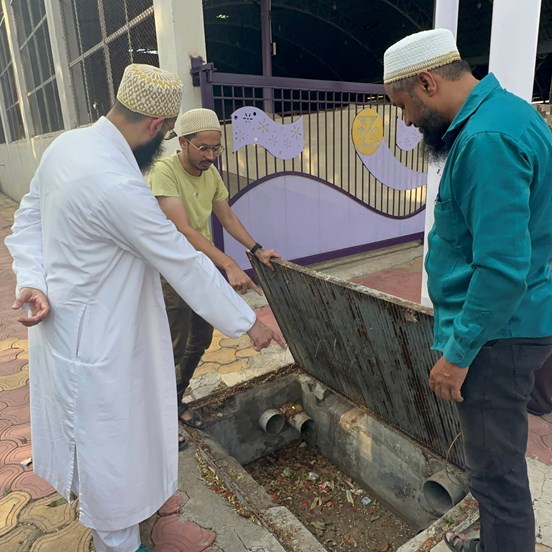Harekala (Mangaluru Taluk, Dakshina Kannada District), KARNATAKA:
The farm has different breeds, including Holstein Friesian, Gir, Australian and jersey. Her aim is to own 101 cows as dreamt by her father.
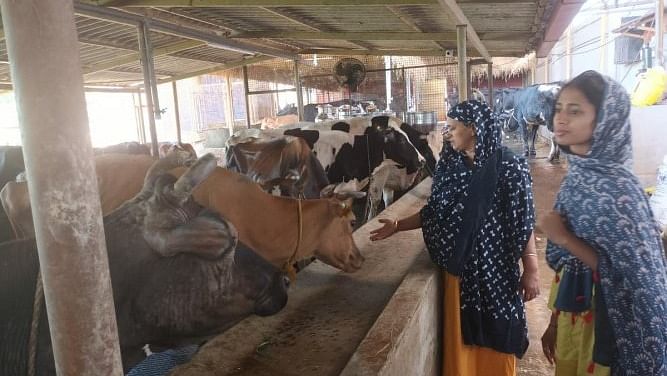
Maimoona, with her three daughters, re-started her venture of dairy farming with just one cow at Harekala, situated on the outskirts of Mangaluru, about two years ago.
She now sells 320 litres of milk daily and owns 40 cows. The shed has a total of 67 cattle, including calves. The striking point is that she sets aside a portion of her earning for helping the needy.
“When my husband Abdul Majeed died in the year 2020, we were shattered. He loved cows and had started Majeed Farm and owned around 25 cows. His dream was to own a farm with 101 cows. After his death, we sold all the cows. However, we did not spend money earned from selling cows. Later, it was my second daughter Marzeena, who is an engineering graduate, persuaded me to purchase a cow and re-start the venture,’’ Maimoona told DH.
Initially, she purchased one cow and later added more into the fleet of cows.
Maimoona said, “I re-established the farm with the support of my daughters Ramzeena, Marzeena and Azwena. Initially, we only managed all the work. As the farm grew, we hired labourers to help us. The cattle are milked using two machines. In spite of using a machine, we have to milk manually at the end. Along with labourers, my daughter Marzeena and I take care of the cattle.”
The farm has different breeds, including Holstein Friesian, Gir, Australian and jersey. Her aim is to own 101 cows as dreamt by her father.
“We are happy with the initiative and it is the only source of our livelihood. Our driver Prashanth is helping us in reaching out the milk to the dairy at Ellyarpadavu and Konaje in time. Maintaining a dairy farm is challenging as we need to constantly work hard,” Maimoona said.
The family also sells cow dung.
I am planning to grow grass required for the cows in my own farm. Now, we procure the required dry hay from Hassan, she said.
The family owns about two acres of land in which they have cultivated arecanut and coconut. In addition, the house is surrounded by a variety of fruits, like apple, grapes, chikoo, fig and musambi.
‘’We also have started goat farm and have a poultry farm on small scale. At present, there are 23 goats. When my father was alive, we had 150 goats,” Marzeena said.
“My husband was keen that we lend a helping hand to those in needy. Accordingly, I keep aside a portion of my earning from the farm to charity,” Maimoona added.
Lauding the success, Harekala Gram Panchayat president Badruddin said people need to learn from the success of Maimoona. With hard work and dedication, she has proved that anything is possible.
‘’She lends a helping hand to the needy and has donated AC, cooler, and an aquarium to the newly built Harekala GP building and has also donated money to distribute financial assistance to the differently abled,” he said.
source: http://www.deccanherald.com / Deccan Herald / Home> India> Karnataka / by Naina J A, DHNS / January 24th, 2023
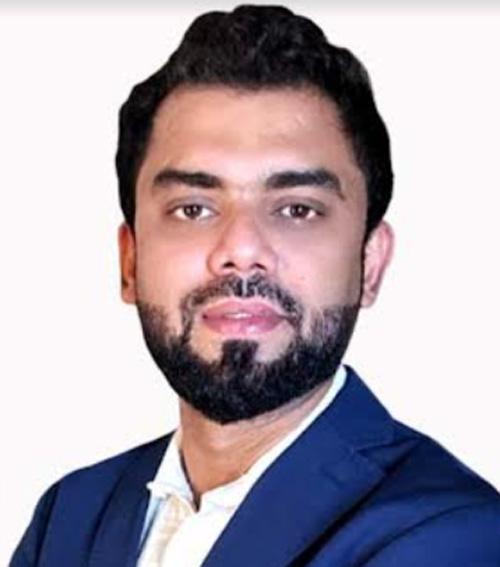
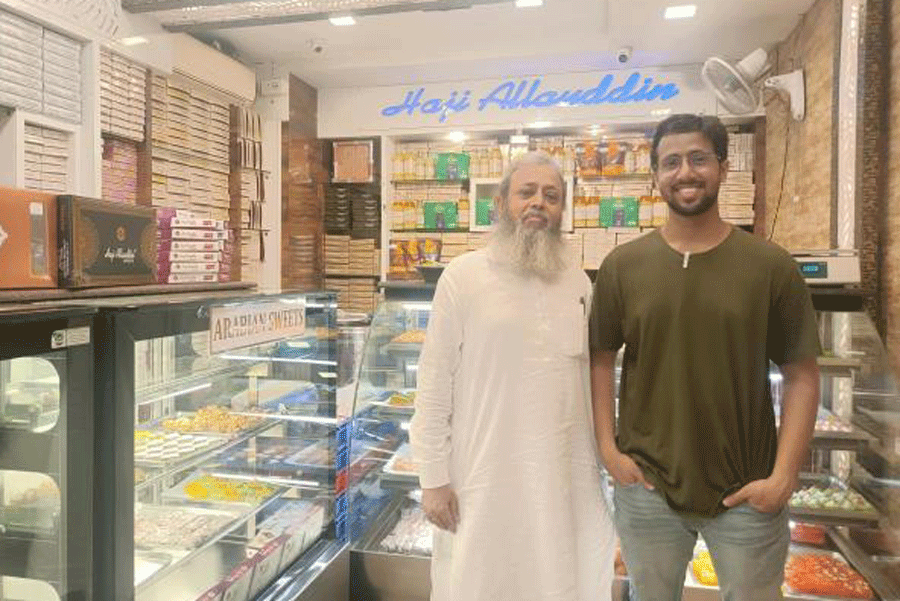
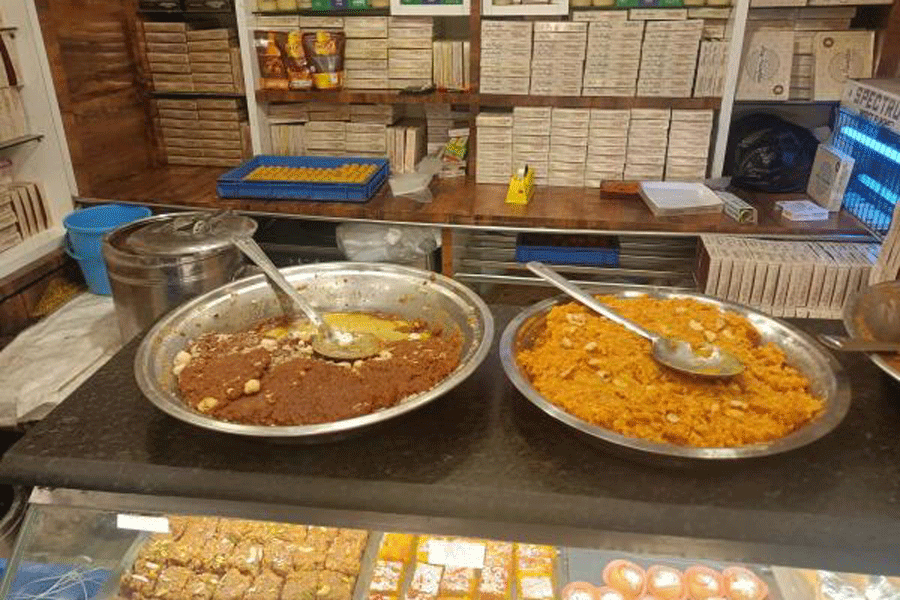
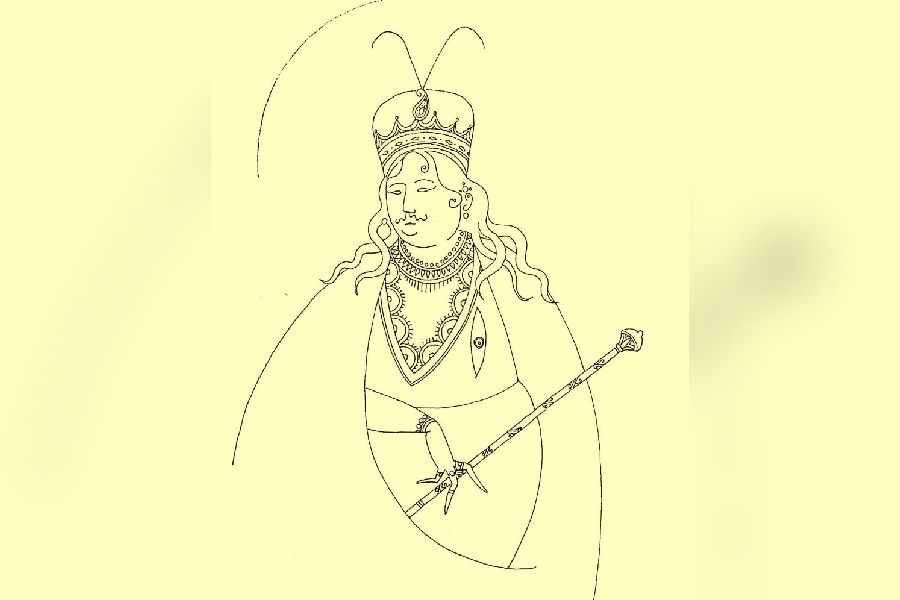
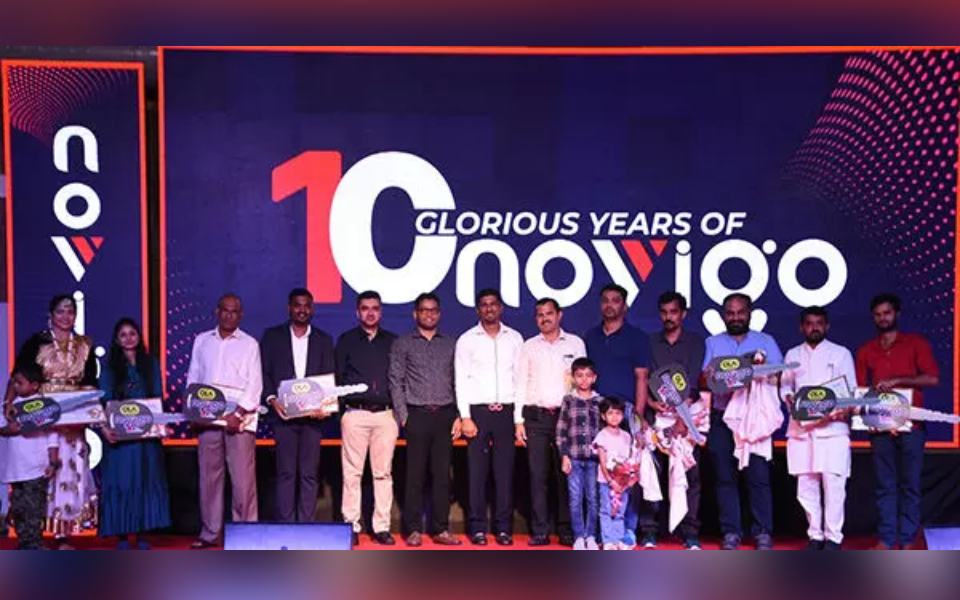
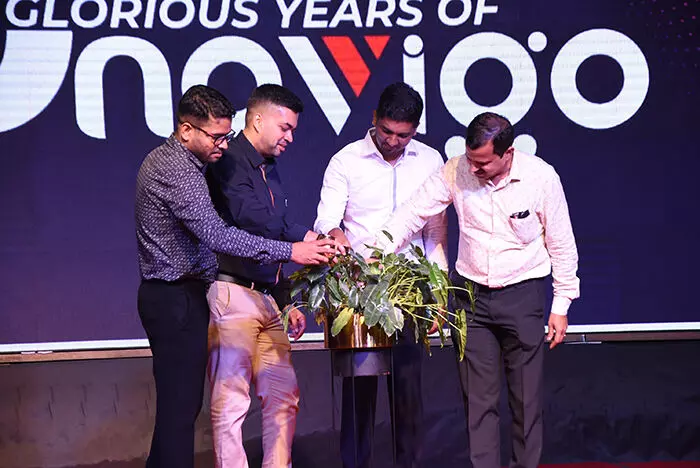
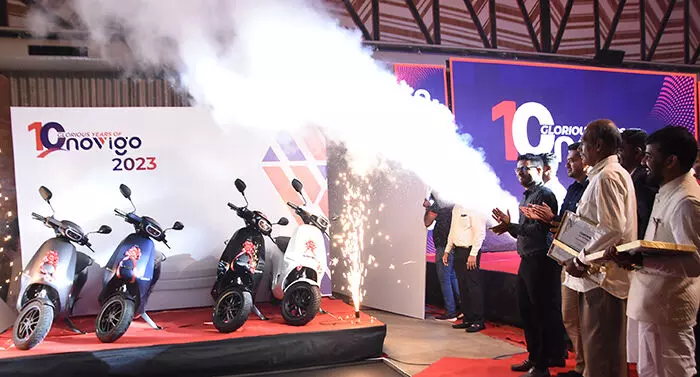
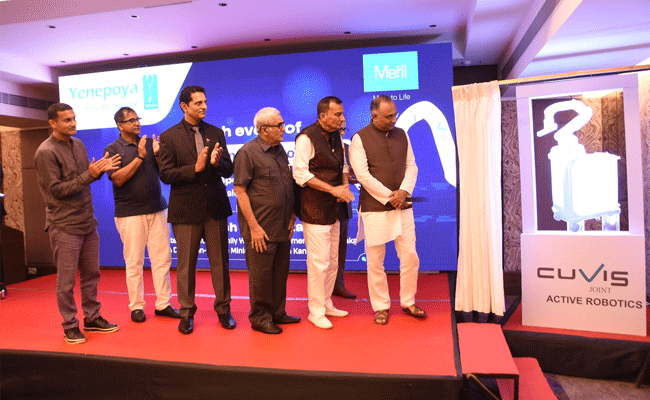
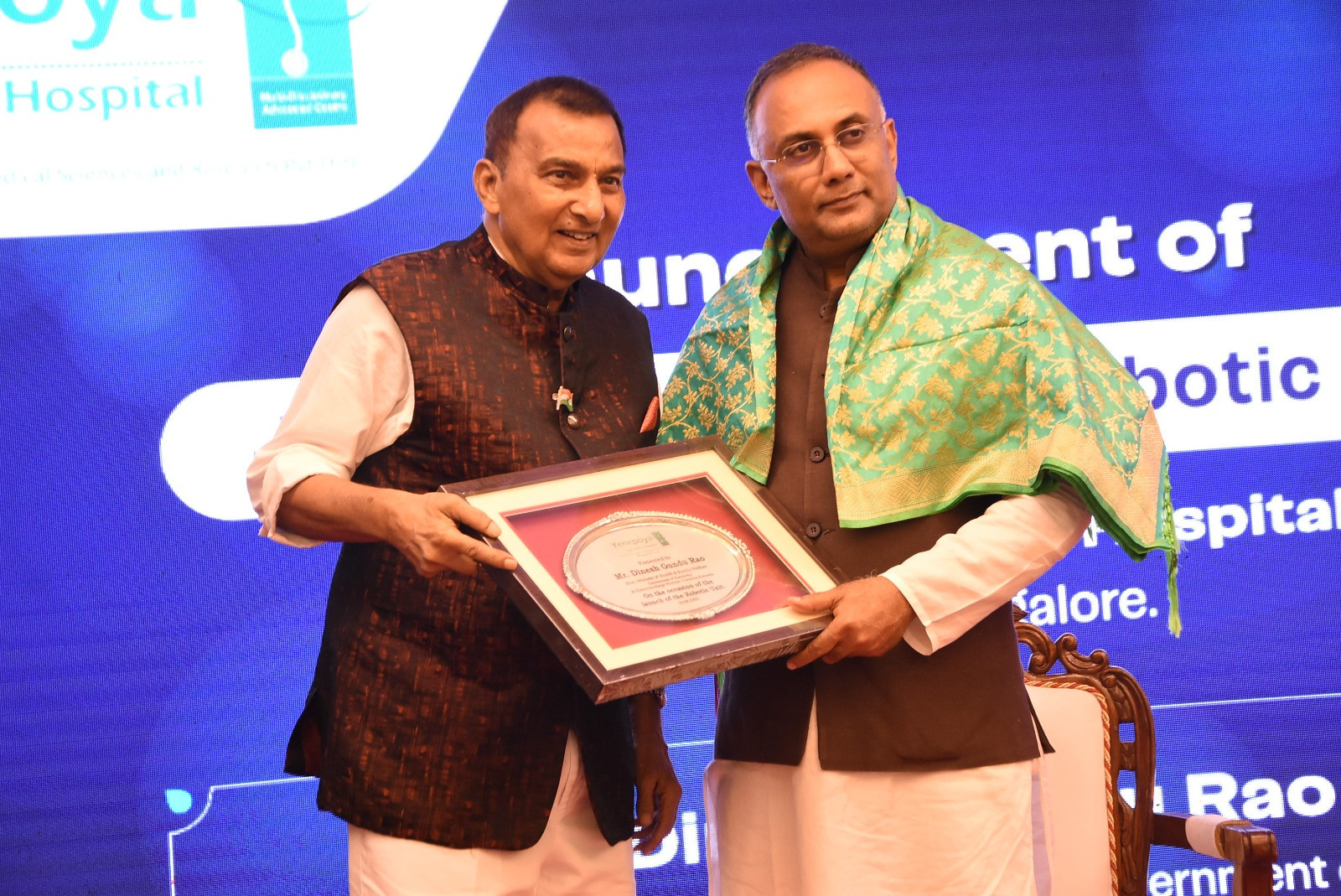
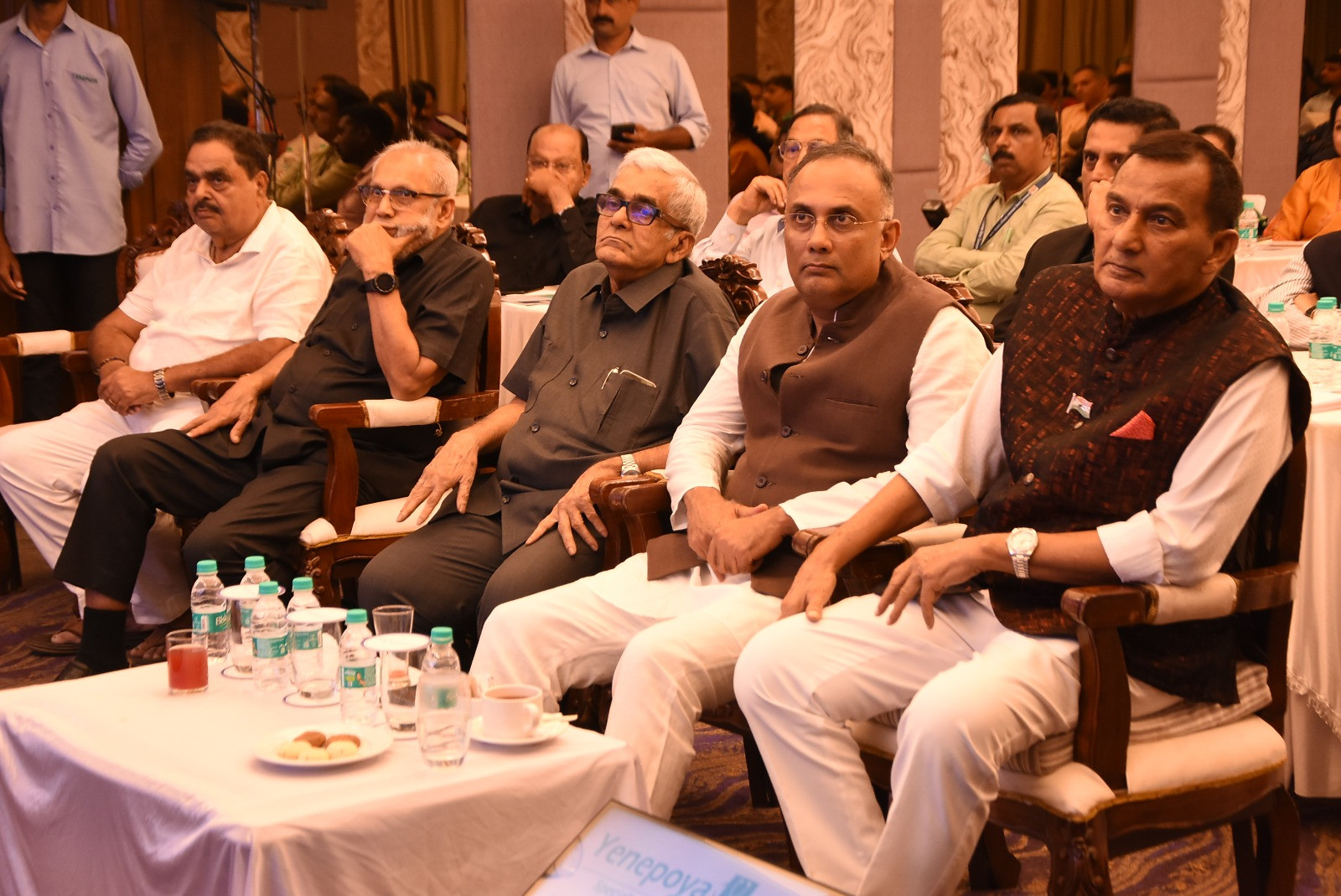
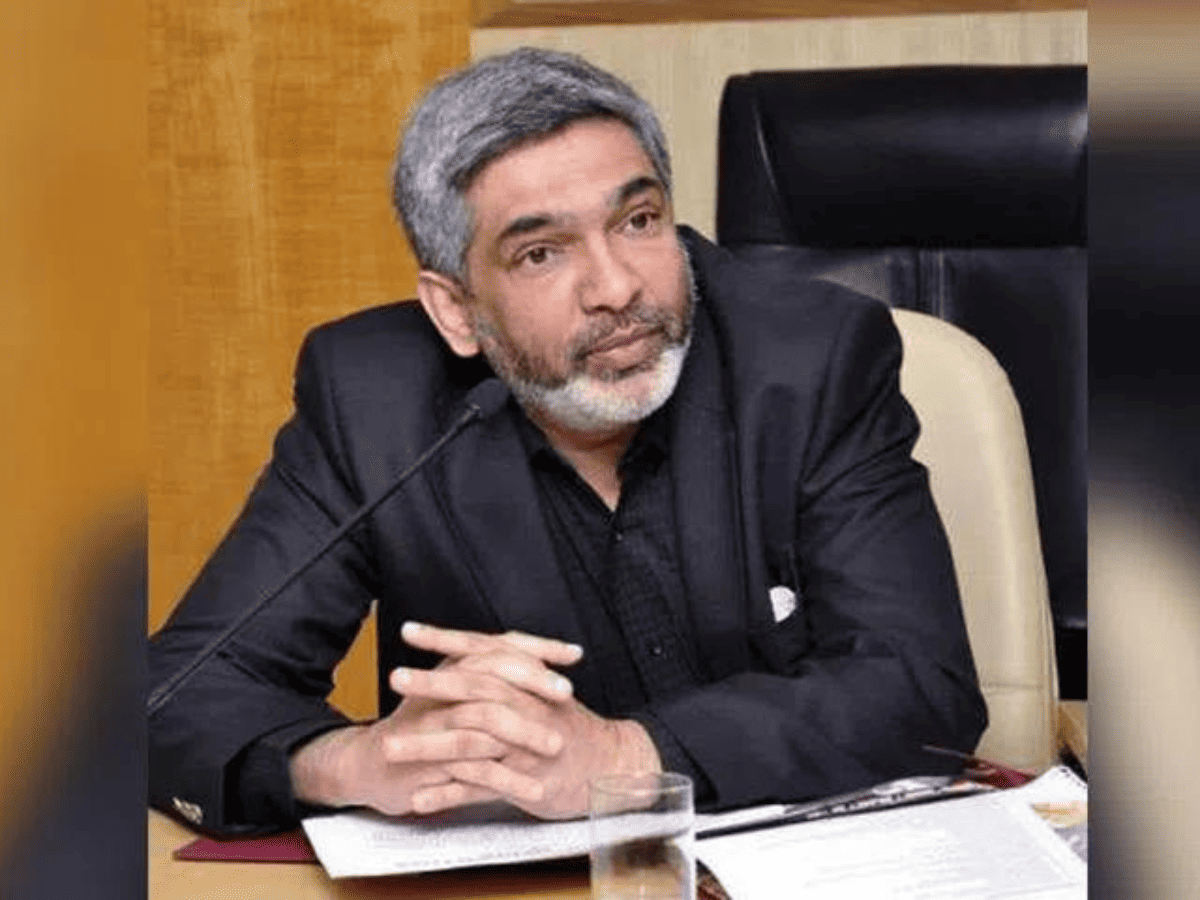
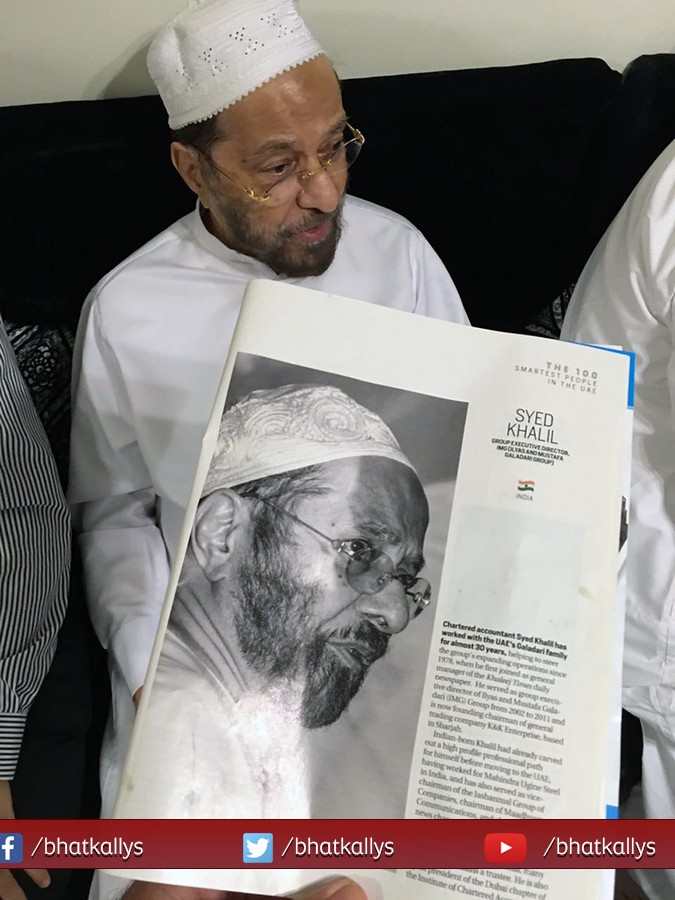
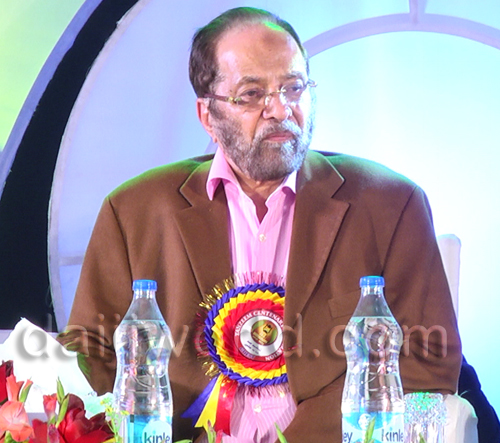
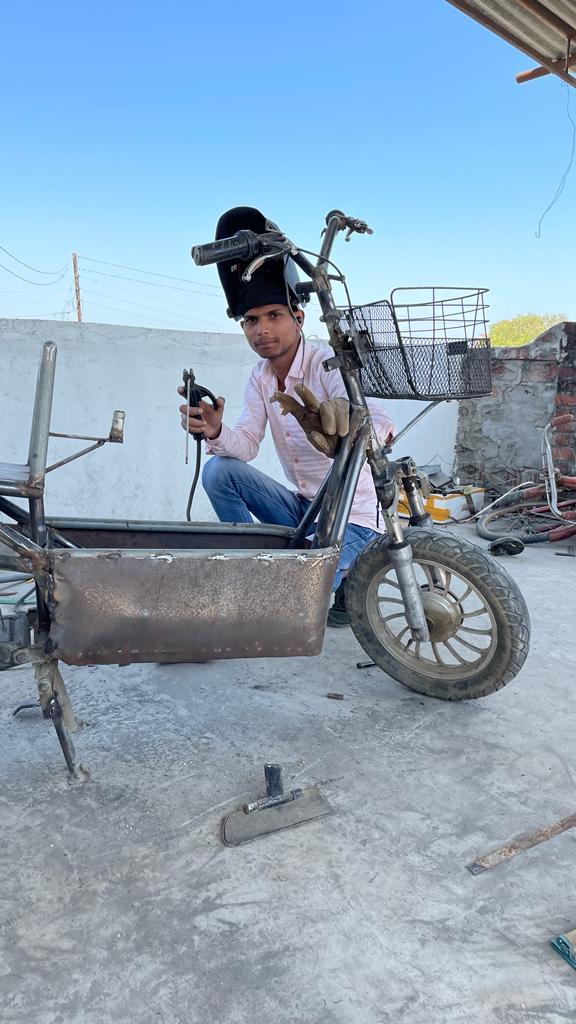
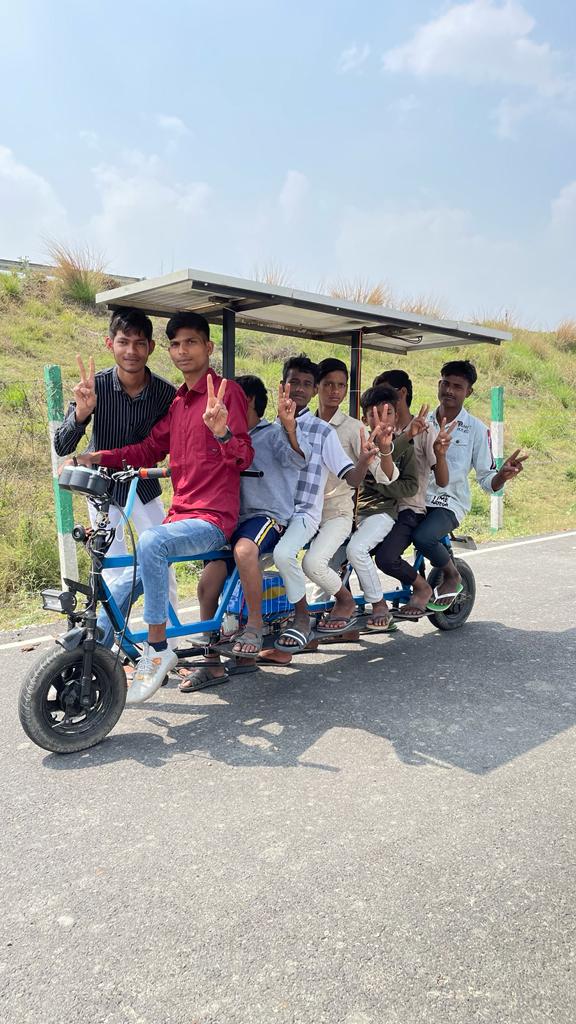
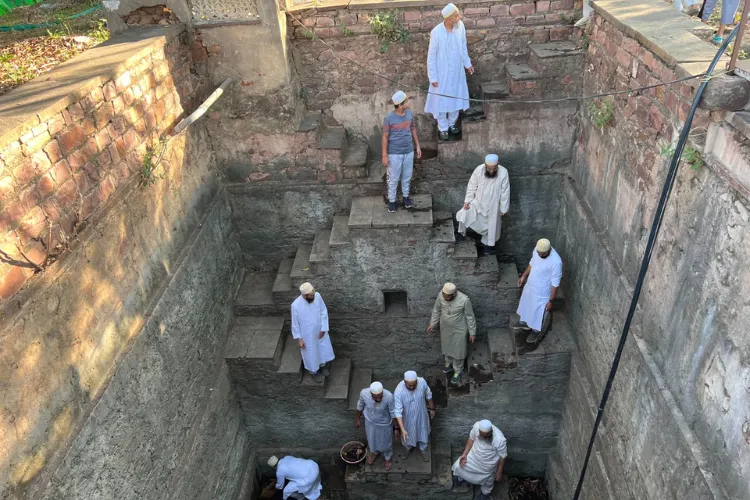
.jpeg)
